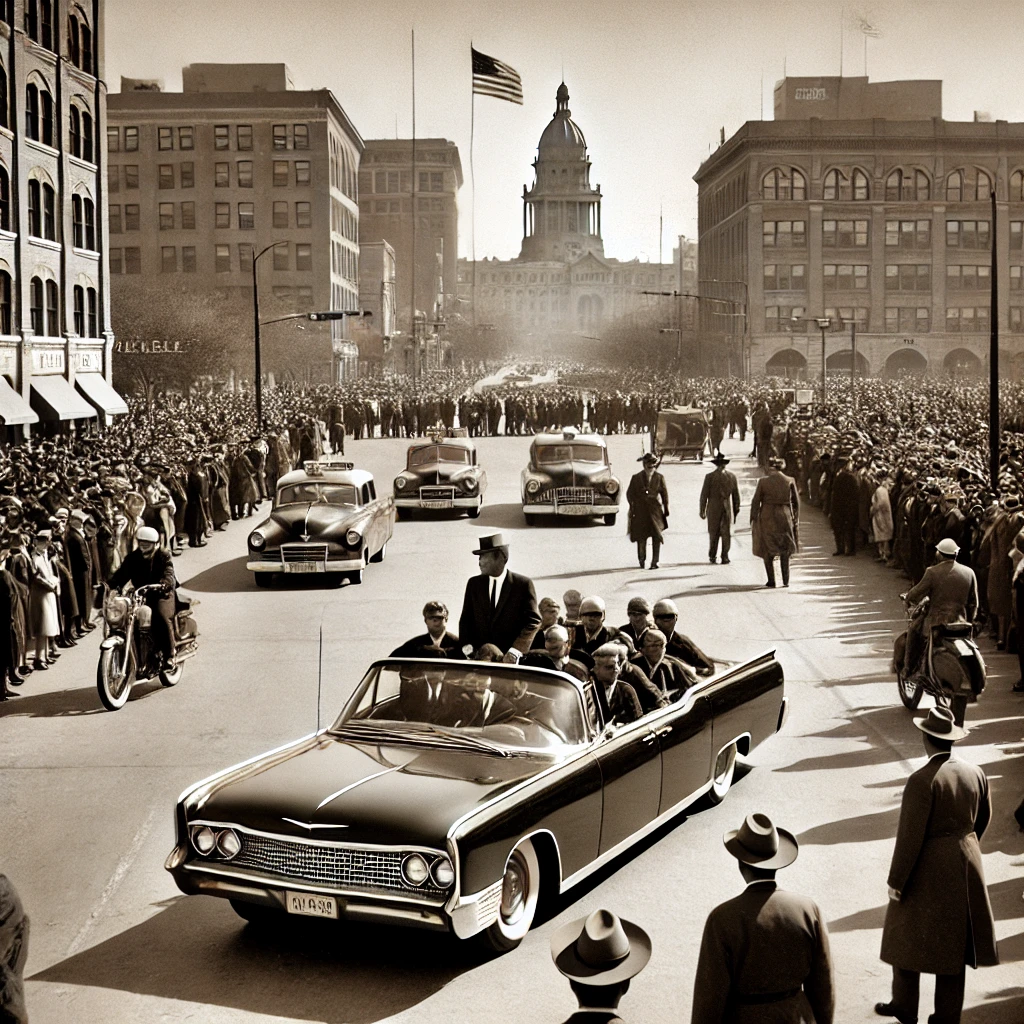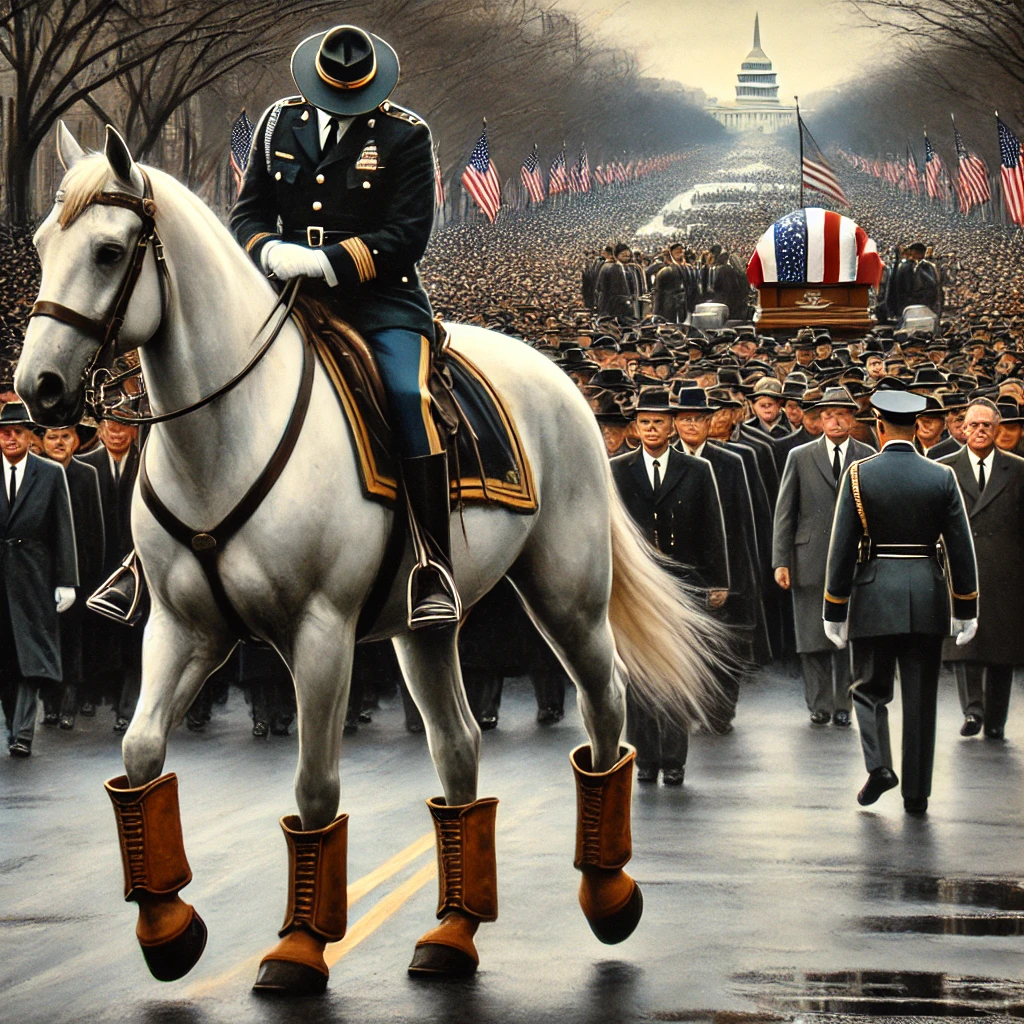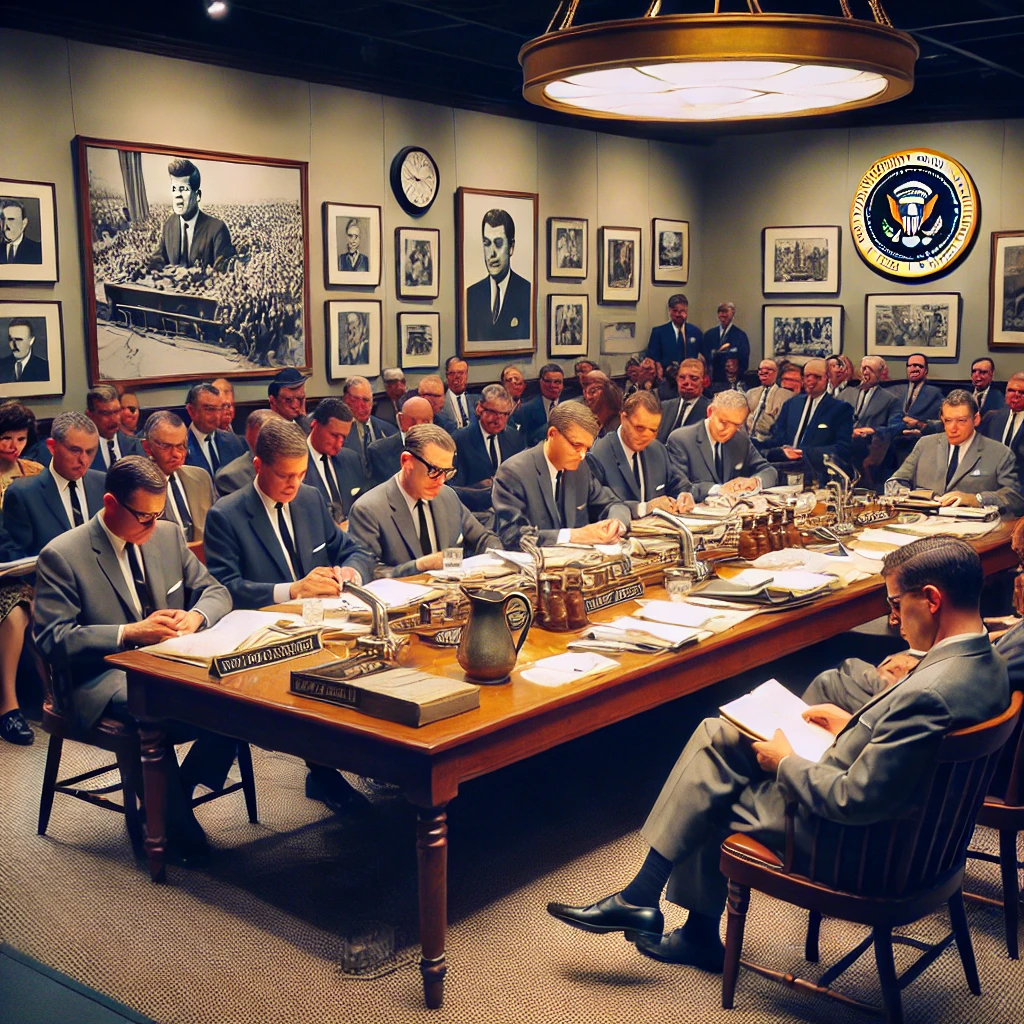On November 22, 1963, President John F. Kennedy was assassinated while riding in an open motorcade in Dallas, Texas. The 35th President of the United States was struck by two bullets, one in the neck and the other fatally wounding him in the head. The assassination shocked the nation and the world, abruptly ending Kennedy’s presidency and plunging the country into mourning. Vice President Lyndon B. Johnson was sworn in as president aboard Air Force One just hours later, ensuring a continuity of government amidst chaos.
The event, captured on live television and witnessed by thousands in person, remains one of the most defining and harrowing moments in American history. It marked the first time a sitting U.S. president had been killed since William McKinley in 1901 and cemented November 22 as a day of national reflection and sorrow.

The Historical Significance of JFK’s Presidency
John F. Kennedy’s presidency was emblematic of hope and progress. Elected in 1960 as the youngest and first Catholic president, Kennedy symbolized a new era of American leadership. His administration championed civil rights, space exploration, and global diplomacy during a tense period in the Cold War. The Cuban Missile Crisis, perhaps his most notable challenge, showcased his ability to steer the nation away from the brink of nuclear war through strategic diplomacy.
Kennedy’s vision for America, famously encapsulated in his inaugural speech—“Ask not what your country can do for you, ask what you can do for your country”—inspired a generation to actively engage in public service and national progress. His assassination not only robbed the nation of its leader but also ended what many saw as a promise of a brighter future.

Lasting Impacts and Enduring Mysteries

The assassination of JFK left deep scars on the American psyche and raised countless questions about national security, political divisions, and the role of government. The Warren Commission, tasked with investigating the tragedy, concluded that Lee Harvey Oswald acted alone in assassinating Kennedy. However, conspiracy theories about the involvement of other parties—ranging from the CIA to organized crime—persist, reflecting public distrust and skepticism.
Kennedy’s death also reshaped the American political landscape. It paved the way for Lyndon B. Johnson’s sweeping reforms, including the Civil Rights Act of 1964 and the War on Poverty initiatives. Yet, it also marked the beginning of a turbulent era in U.S. history, marked by the Vietnam War, social upheaval, and political assassinations.
Today, the legacy of JFK lives on through memorials, his speeches, and policies that continue to inspire leaders and citizens alike. November 22 serves as a somber reminder of the fragility of leadership and the enduring quest for progress amidst adversity.
